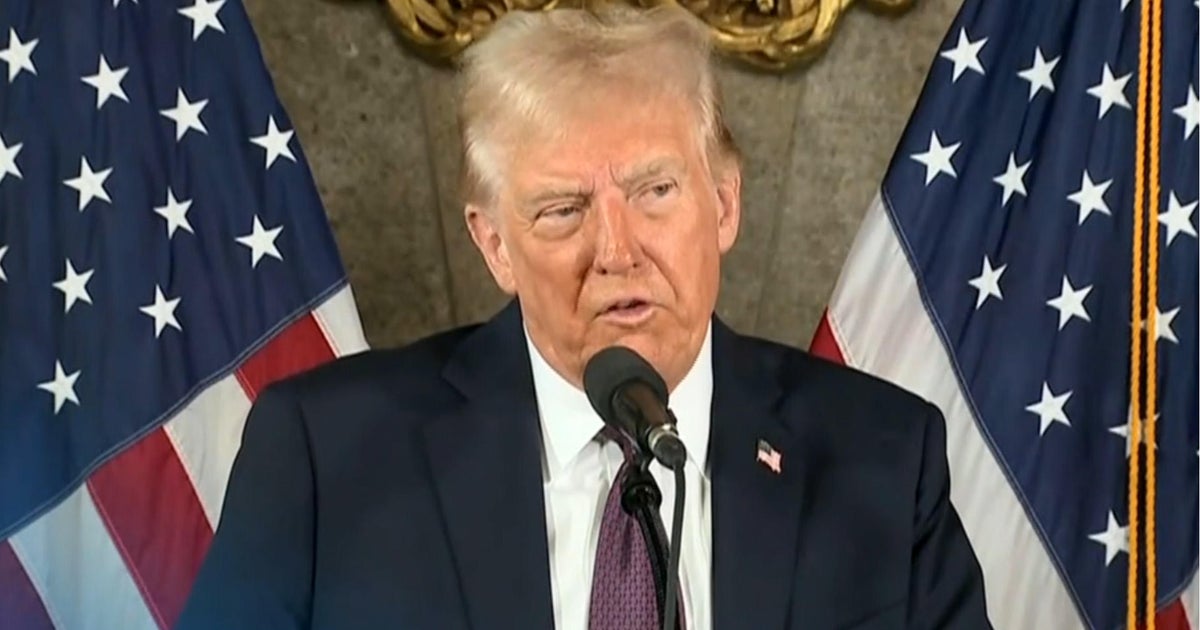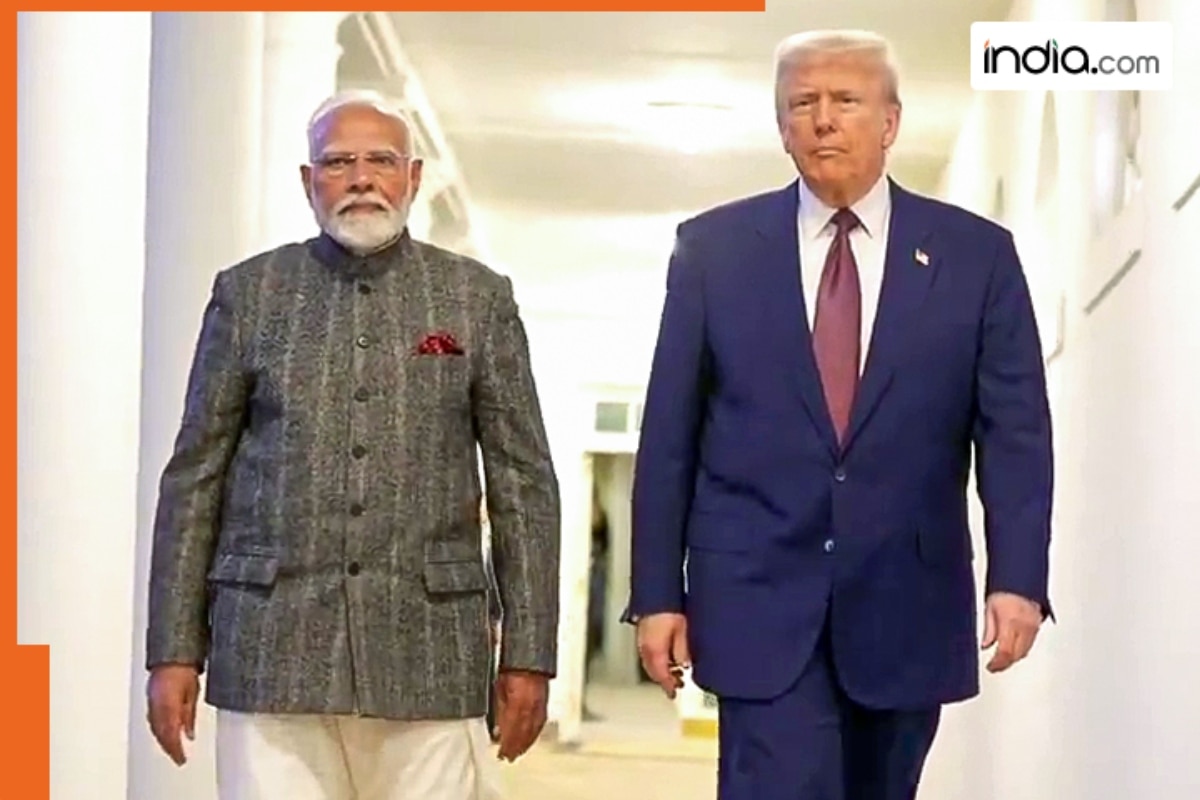President-elect Donald Trump made headlines during a recent news conference by suggesting the U.S. should take control of both the Panama Canal and Greenland. Trump's bold statements included not ruling out the use of military force to achieve these goals, sparking controversy and debate.
Controversial Statements
During the news conference, Trump reiterated his belief that the U.S. should assert control over strategic locations like the Panama Canal and Greenland. While the idea of expanding U.S. territory is not new, the mention of using military force raised eyebrows and concerns among both political leaders and the public.
Pardoning Jan. 6 Attack Convicts
In addition to his territorial ambitions, Trump also announced plans to pardon individuals convicted in cases related to the Jan. 6 attack on the U.S. Capitol. This decision has further fueled the ongoing debate surrounding the events of that day and the consequences for those involved.
Global Response
Trump's statements regarding Greenland have drawn strong reactions from the international community. Denmark, which currently has sovereignty over Greenland, expressed firm opposition to any attempts to forcibly take control of the island. Other nations have also voiced concerns over the potential implications of such actions.
Legal and Diplomatic Challenges
Any attempt by the U.S. to seize Greenland would likely face significant legal and diplomatic hurdles. International law strictly prohibits the acquisition of territory through military aggression, and such actions could strain relationships with key allies and partners.
Conclusion
Trump's controversial remarks regarding the use of military force to take Greenland have sparked widespread debate and criticism. As the incoming president, his statements are being closely scrutinized for their potential impact on U.S. foreign policy and global relations.
Trump, Greenland, military force, Panama Canal, Jan. 6 attack




